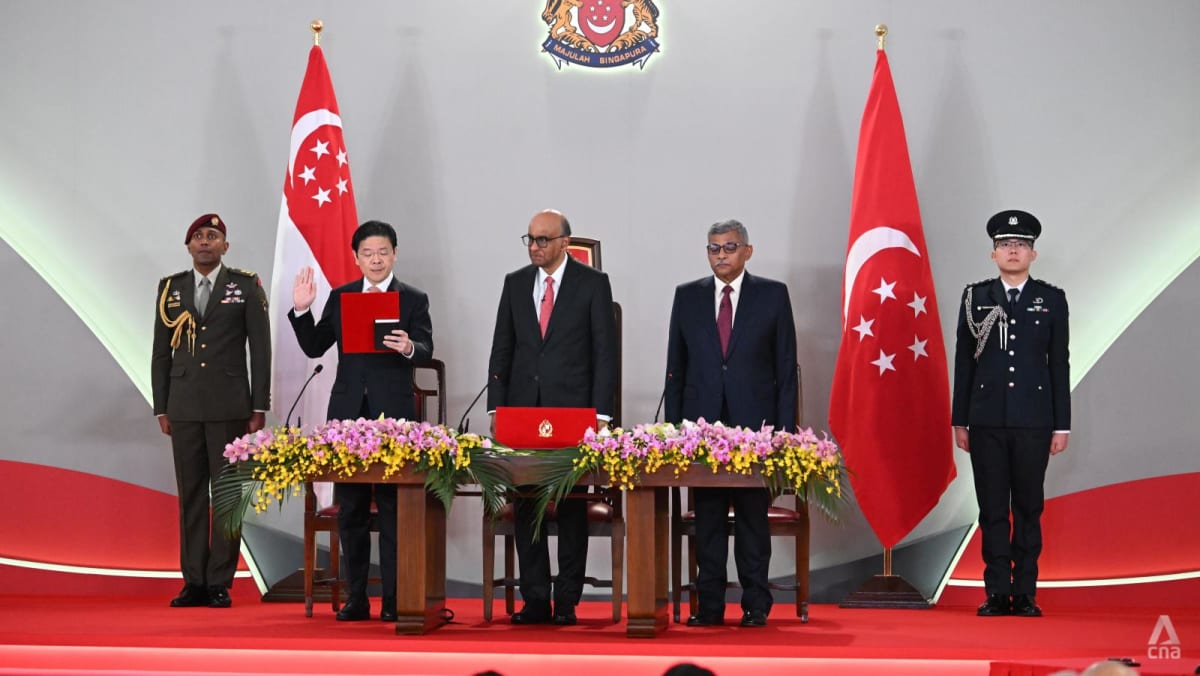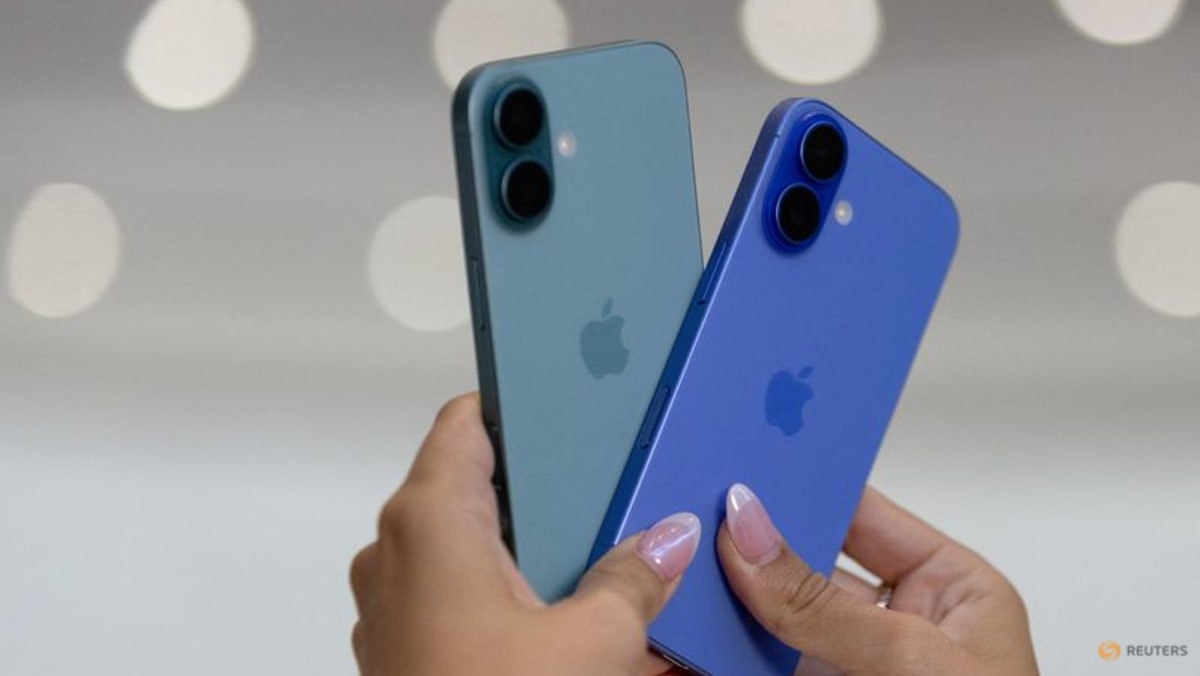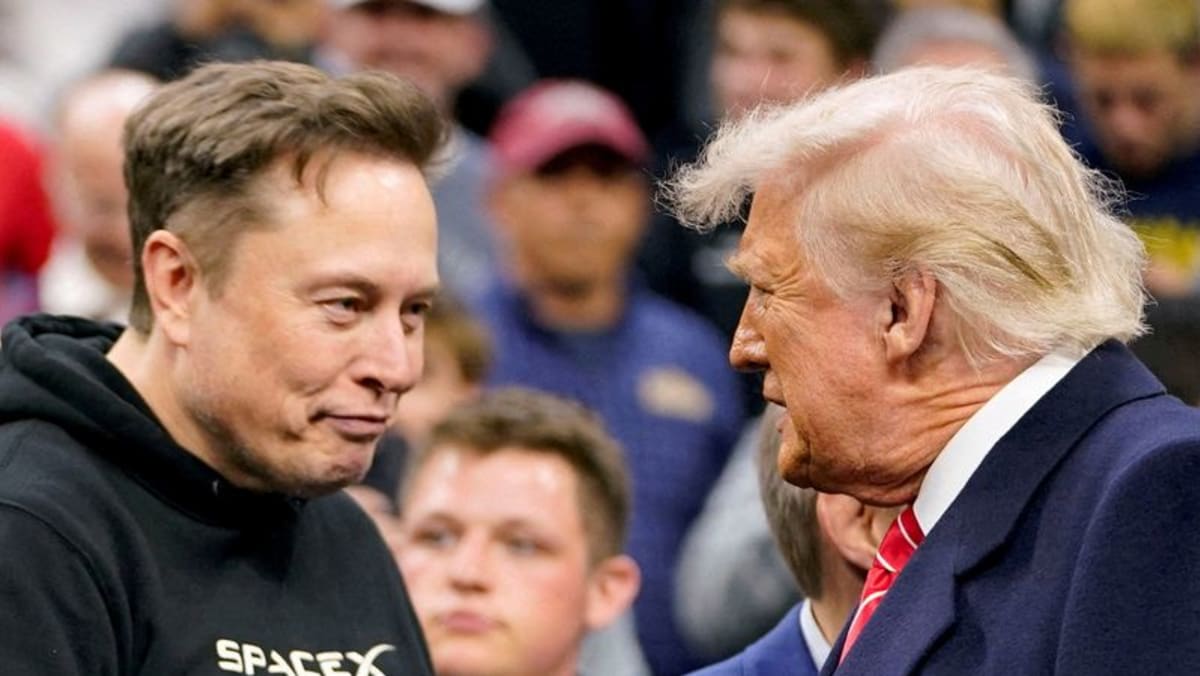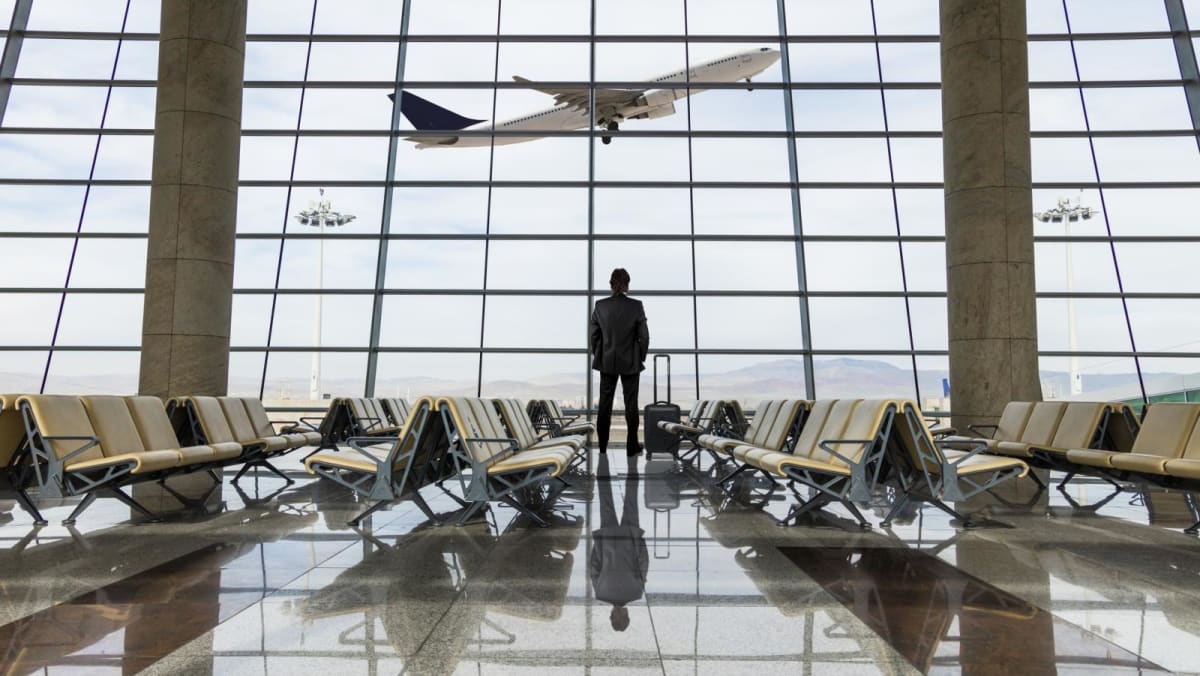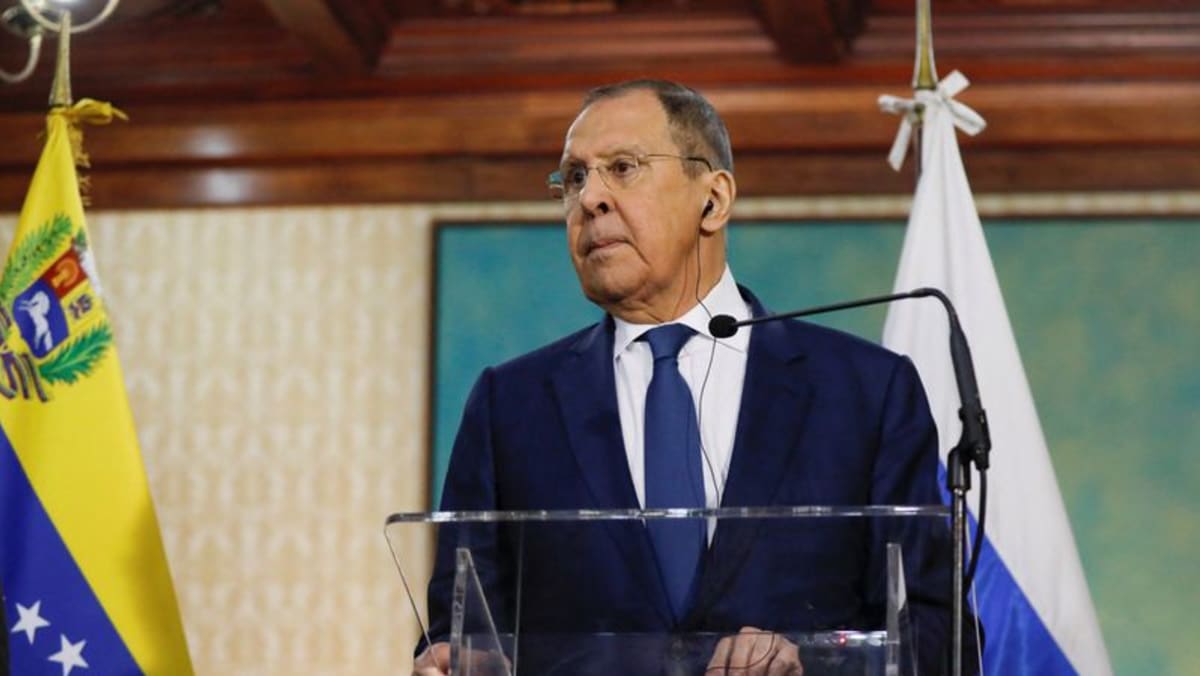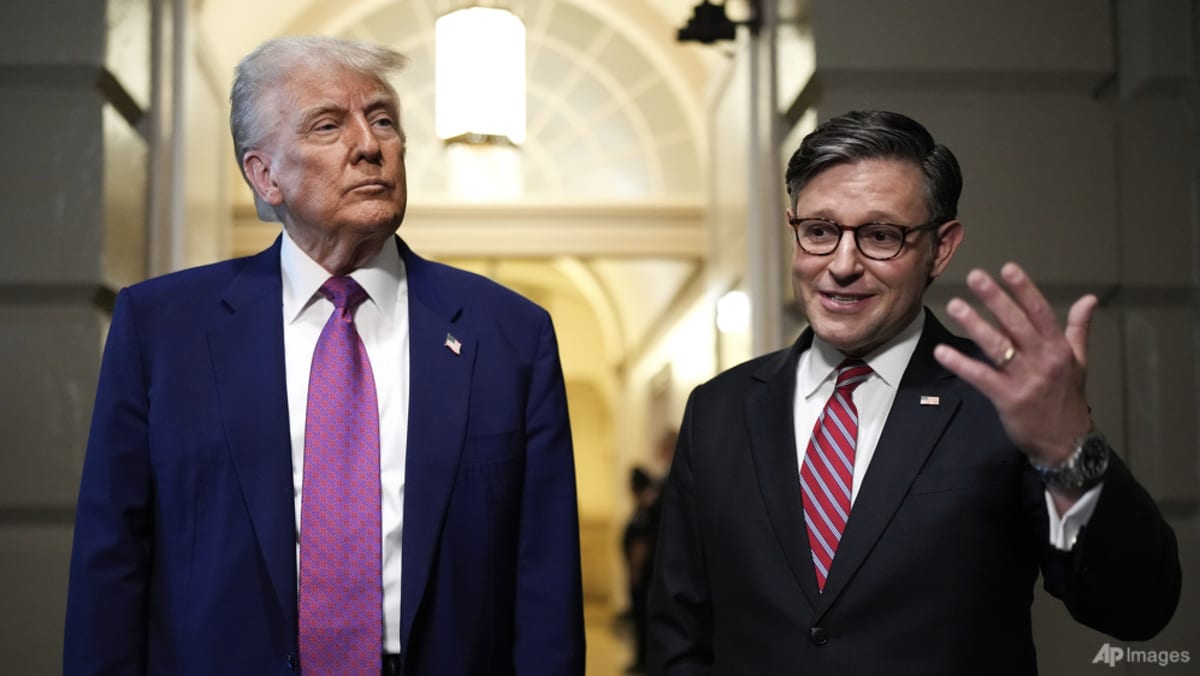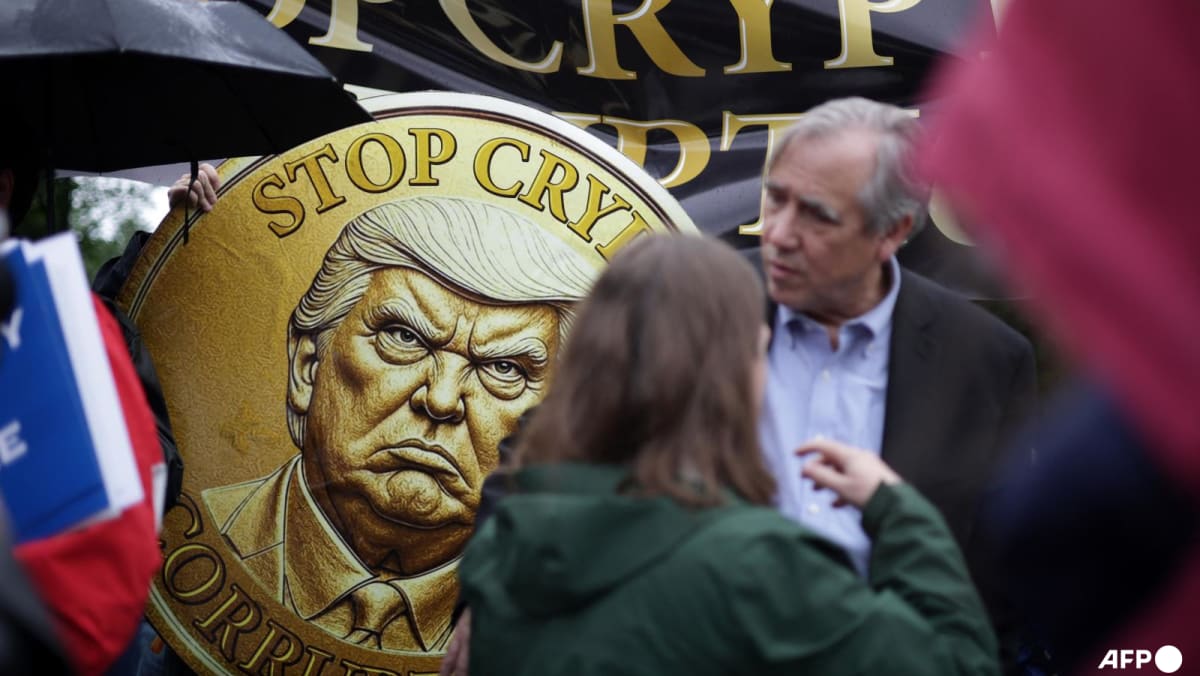Elizabeth Nanton, US immigration practice leader and partner at KPMG Law in Canada, said even though the vast majority of travellers were not encountering any issues, companies were preparing US-bound staff for potential questioning and advising them what to do if their devices were searched. Clients are asking “what could happen, what might they expect”. She said several clients were re-evaluating their IT policies to scrutinise what data staff should be carrying on their devices.
No matter how many times a non-US citizen has entered the country, companies should treat each case as “a new determination of admissibility”, Nanton added. She has been advising companies to work with immigration specialists on a case-by-case basis for US travel.
Some companies are updating their travel guidance for the US, although there is wariness about publishing specific directives as they do not want to draw attention from Trump administration officials. One UK-based investor at a large asset manager said staff had been told to “exercise significant caution” when taking their personal mobile phones into the US. “Are you telling me business travel to the US is now the same as going to China?” he said.
One pharmaceuticals industry executive based in New York said some large companies in the sector were not sending people to the US, especially if they thought they were likely to get stopped at the border because they were “brown, Muslim or Chinese”.
A London-based corporate executive said their firm was encouraging staff to apply for Global Entry, the US programme that speeds up border checks for vetted travellers. Meanwhile, some US technology companies are urging foreign staff to carry extensive personal documentation, including marriage certificates, rental agreements and payslips to ease re-entry.
Online forums such as Reddit are filled with advice to, for example, delete social media apps and avoid storing any politically sensitive content on your phone.
Since the Jan 20 executive order, the UK and German governments have updated travel advice with tougher wording, warning citizens that even minor infractions could lead to detention. “The authorities in the US set and enforce entry rules strictly. You may be liable to arrest or detention if you break the rules,” the UK says.
One lawyer at a British firm with US business interests said while these rules had always been in place, they were now more regularly enforced, which is why UK and German authorities had tweaked their travel guidance.
“The odds [of facing any trouble] are still fairly low,” said the lawyer. “For businesses day-to-day, the focus is on digital devices. Federal authorities have long been able to seize, search and copy the information that is on your device.”
The shift is starting to drip through to business travel bookings. Air France-KLM and Lufthansa have reported signs of weakening demand on transatlantic routes among European passengers.
“There is a definite deceleration in business travel bookings,” said Henry Harteveldt, a travel industry analyst.
“Various airlines tell me they are seeing ‘slight’ or ‘modest’ deceleration in their future business travel bookings, including US domestic, within Europe, and in both directions between Europe and the US.”
He said reasons for this included weakening economies, which typically trigger a cutback in business travel, “as well as concerns among international business travellers regarding possible problems entering the US”.
Harteveldt observed there was a “noticeable concern among corporate travel managers about international inbound travel to the US”.
Alexander, the research scientist, is already thinking about the preparations he will have to make for his next business trip, this time to the UK. “I have to do the exact same thing again,” he said.
By Anjli Raval. Additional reporting by Hannah Kuchler and Philip Georgiadis © 2025 The Financial Times.
This article originally appeared in The Financial Times.
